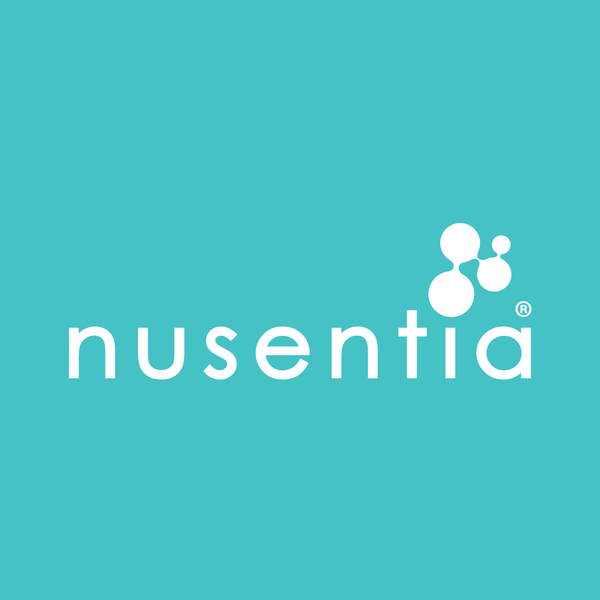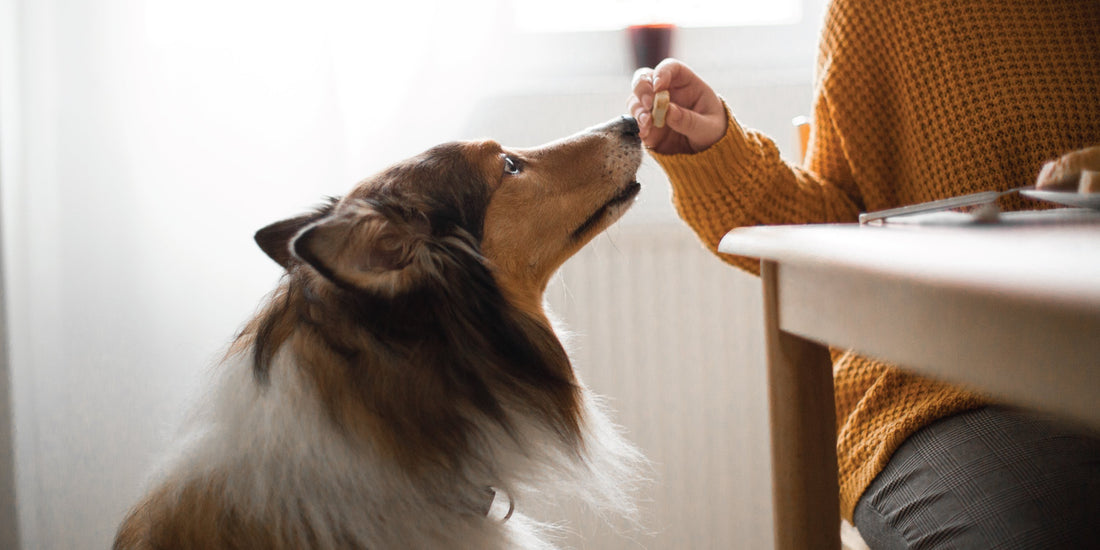Due to poor diet, or even to foundational immunity, a number of pets can suffer from intestinal bowel disorders that make life difficult for them and their owners. This often leads to regular trips to the vet and prescribed changes in diet, such as, low-residue diets.
Here are the signs of an inflamed gut, and easy steps you can take to extinguish the fire.
The Importance of a Balanced Microflora
IBS (irritable bowel syndrome), IBD (inflammatory bowel disease), leaky gut, are all conditions where the gut can become inflamed. At the root cause, is an upset in the balance of the gut microflora. These tiny organisms, mostly bacteria, which live in the GI (gastrointestinal) tract, help to digest food, aid nutrient absorption, produce certain key vitamins, and additionally, play a major role in overall host immune system. When they are in balance, the host organism (in this case the pet) is typically very healthy and thrives. When gut microflora are out of balance (dysbiosis), a host of problems can ensue. It all starts with the inflamed state.
The Inflamed Gut
As mentioned, inflammation of the gut can take a number of forms. Leaky gut syndrome (typically caused by a food substance breaching the mucosal barrier of the gut) is thought to be a major contributor to an over-reactive, localized immune response in the gut. It is also thought by some researchers that it may lead to, or exacerbate, more serious conditions such as Irritable Bowel Syndrome (IBS) or, worse yet, Inflammatory Bowel Disease (IBD).
The Causes
Food sensitivities
NSAIDs or antibiotic use
Compromised immunity (this is why probiotics should be used in young pets as a foundation)
What to Look For
Diarrhea or constipation
Excessive gas
Bloating
Correcting Intestinal Problems
Diet
Low-residue diets-which simply are diets that leave less residue in the intestines by limiting foods that are hard to digest, are often used to help normalize bowel movements, usually towards lessening the frequency. Often these diets are prescribed in inflammatory bowel disorders. This is why we feel that grain-free diets must be utilized in dogs suspected of digestive orders, as grains are harder to digest for dogs. Dogs that are experiencing digestive disorders, allergies, or just for overall wellness can benefit greatly from grain-free diets.
Supplements
Probiotics is the number one way to restore the balance of the microflora through the ingesting of healthy bacteria to increase their numbers. These microflora are called probiotics. Probiotics should be given to all animals, but especially those that are suspected to be suffering from a digestive order. For prevention, all young animals, puppies and kittens, can build superior foundational immunity by ingesting probiotics. Of course, all animals that have been on antibiotics /NSAIDs recently should be given therapeutic doses of probiotics as the balance of their gut is destroyed from those medications. Probiotics will normalize bowel function, and thus intestinal transit time. Probiotics are a must to get to the root function in restoring overall health. Probiotic Miracle is formulated specifically for pets with the strains that have been proven in research to favorably effect gut microflora, and to address the digestive orders discussed in this article.
Further, Probiotic Miracle guarantees 2 billion CFU per serving at the time of expirationno other pet probiotic makes this claim. Fish Oil Fish oil produces hormone-like substances known as eicosonoids, which strongly counteract inflammatory susbstances and greatly help to reduce the inflamed state. Fish oil will really improve the pets comfort and overall health. Celavin is rich in Omega-3 fatty acids and, because it is produced at one of the most prestigious fish oil production plants in the world, it is extremely refined to remove impurities and toxic metals (which can also cause inflammation). Yes, digestive orders our concerning, as we hate to see our pets suffer. Taking the above steps will usually help to either resolve the problems or to greatly reduce them. These should be the first steps taken, of course if symptoms persist please consult with your vet.
Cites and References
Acta Gastroenterol Latinoam. 2010 Dec;40(4):323-7. Spanish. Potential benefits of pro- and prebiotics on intestinal mucosal immunity and intestinal barrier in short bowel syndrome. Stoidis CN, Misiakos EP, Patapis P, Fotiadis CI, Spyropoulos BG. Nutrition. 2010 Nov-Dec;26(11-12):1038-43. Epub 2010 Apr 24. Review. Altered intestinal microbiota in irritable bowel syndrome. Lee KJ, Tack J. Neurogastroenterol Motil. 2010 May;22(5):493-8. Treating irritable bowel syndrome with probiotics: the evidence. Parkes GC, Sanderson JD, Whelan K. Proc Nutr Soc. 2010 May;69(2):187-94. Epub 2010 Mar 18. Review. Intestinal dysbiosis in inflammatory bowel disease.Kaur N, Chen CC, Luther J, Kao JY.Gut Microbes. 2011 Jul-Aug;2(4):211-6. Epub 2011 Jul 1. Review.PMID: 21983063 [PubMed - indexed for MEDLINE] Probiotics and immune health.Yan F, Polk DB.Curr Opin Gastroenterol. 2011 Oct;27(6):496-501.


